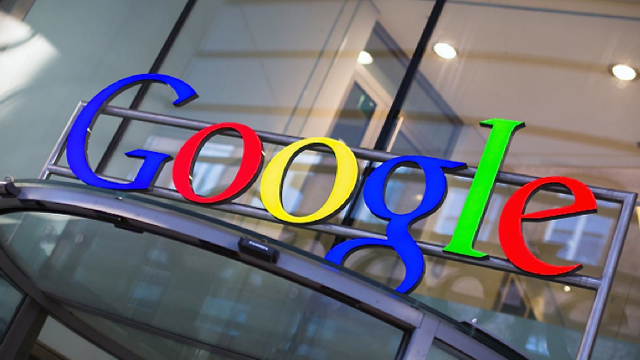Google Fined $5 Billion by European Union in Antitrust Case
July 18, 2018
Google has been fined a record $5.06 billion by the European Union for antitrust violations. The tech giant is accused of abusing the market dominance of its Internet search services and Android mobile operating system. The record fine underlines how European regulators are pushing for more control in today’s digital economy. Google has 90 days to comply and pay the EU fine, or face penalties of up to 5 percent of parent company Alphabet’s daily worldwide revenues (Alphabet earned more than $9 billion in profit for Q1; Google’s net profit for 2017 was $12.62 billion). Google already announced it plans to appeal the ruling; the case could potentially last years.
The penalty is far larger than the $2.8 billion that the EU “levied on Google last year for unfairly favoring its own services in Internet search results,” reports The New York Times. The ruling reflects “how European authorities are aggressively pushing for stronger regulation of the digital economy on issues including antitrust, privacy, taxes, and the spread of misinformation and hate speech.”
According to EU competition chief Margrethe Vestager, “mobile Internet makes up more than half of global Internet traffic” and “has changed the lives of millions of Europeans.”
“Our case is about three types of restrictions that Google has imposed on Android device manufacturers and network operators to ensure that traffic on Android devices goes to the Google search engine,” she explained. “In this way, Google has used Android as a vehicle to cement the dominance of its search engine. These practices have denied rivals the chance to innovate and compete on the merits. They have denied European consumers the benefits of effective competition in the important mobile sphere. This is illegal under EU antitrust rules.”
In its press release, the European Commission specified the three restrictions referenced by Vestager:
- Google has required manufacturers to pre-install the Google Search app and browser app (Chrome), as a condition for licensing Google’s app store (the Play Store).
- Google made payments to certain large manufacturers and mobile network operators on condition that they exclusively pre-installed the Google Search app on their devices.
- Google has prevented manufacturers wishing to pre-install Google apps from selling even a single smart mobile device running on alternative versions of Android that were not approved by Google (so-called “Android forks”).
“In the three years that the European Commission was carrying out its investigation, annual revenues for Alphabet have grown to $111 billion, from $75 billion,” notes NYT. “Google has also strengthened its dominance in the mobile phone market, with more than 1.25 billion Android handsets sold globally last year, according to IDC.”
Google has argued that Android remains an open-source platform that developers and manufacturers use based on their specific needs. Bloomberg reports that Google CEO Sundar Pichai said the EU decision “rejects the business model that supports Android, which has created more choice for everyone, not less.”
Complying with EU’s “order could upend the world of mobile computing, where Android is dominant,” suggests The Wall Street Journal. “It could also present sizable challenges for Google’s business model, one based on raking in revenue from ads. More broadly, the remedies could give a leg up to competing search engines, browsers and even operating systems, loosening Google’s grip on the mobile market.”
Google is “expected to generate more than $60 billion in revenue this year from mobile ads, according to eMarketer. That would be 44 percent of Alphabet’s estimated overall revenue of $136 billion for 2018, according to S&P Global Market Intelligence.”


No Comments Yet
You can be the first to comment!
Sorry, comments for this entry are closed at this time.